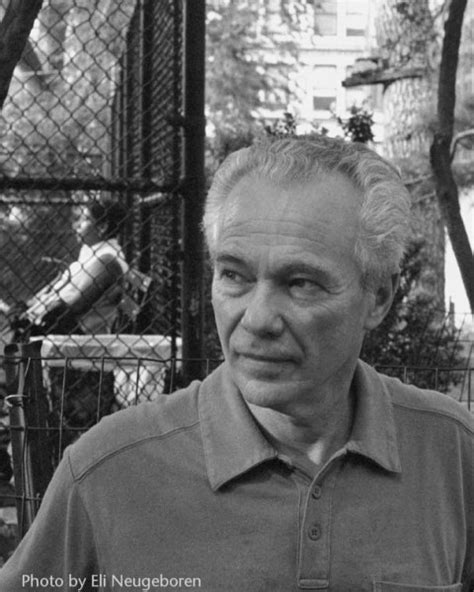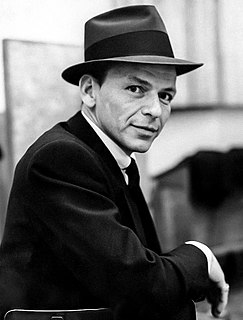A Quote by Ronald Reagan
When a child loses his parent, they are called an orphan. When a spouse loses her or his partner, they are called a widow or widower. When parents lose their child, their isn't a word to describe them. This month recognizes the loss so many parents experience across the United States and around the world. It is also meant to inform and provide resources for parents who have lost children due to miscarriage, ectopic pregnancy, molar pregnancy, stillbirths, birth defects, SIDS, and other causes.
Quote Topics
Across
Also
Around
Around The World
Birth
Birth Defects
Causes
Child
Children
Defects
Describe
Due
Experience
Her
His
Inform
Lose
Loses
Loss
Lost
Lost Child
Many
Meant
Miscarriage
Month
Orphan
Other
Parent
Parents
Partner
Pregnancy
Provide
Resources
Sids
Spouse
States
Them
United
United States
Widow
Word
World
Related Quotes
Harry's status as orphan gives him a freedom other children can only dream about (guiltily, of course). No child wants to lose their parents, yet the idea of being removed from the expectations of parents is alluring. The orphan in literature is freed from the obligation to satisfy his/her parents, and from the inevitable realization that his/her parents are flawed human beings. There is something liberating, too, about being transported into the kind of surrogate family which boarding school represents, where the relationships are less intense and the boundaries perhaps more clearly defined.
Compared to other parents, remarried parents seem more desirous of their child's approval, more alert to the child's emotional state, and more sensitive in their parent-child relations. Perhaps this is the result of heightened empathy for the child's suffering, perhaps it is a guilt reaction; in either case, it gives the child a potent weapon--the power to disrupt the new household and come between parent and the new spouse.
A child is not a Christian child, not a Muslim child, but a child of Christian parents or a child of Muslim parents. This latter nomenclature, by the way, would be an excellent piece of consciousness-raising for the children themselves. A child who is told she is a 'child of Muslim parents' will immediately realize that religion is something for her to choose -or reject- when she becomes old enough to do so.
In considering the ledger equal, understand the greatest gift you have given your parents is the opportunity to raise you. The things a child gets from parents can't compare to the things a parent gets from raising a child. Only by experiencing this can you understand the degree to which children give meaning to parents' lives.
When a child shuts down his painful emotional side, he also loses the ability to express his joyous side. Emotions are a whole. With anger comes the ability to express delight; with sadness comes the ability to express lightheartedness. This is the breadth of emotion that allows an adult to experience intimacy with a spouse, with God, and with his children
I lived in a plenty tough neighborhood. When somebody called me a 'dirty little Guinea', there was only one thing to do-break his head. When I got older, I realized that you shouldn't do it that way. I realized that you've got to do it through education. Children are not to blame. It is the parents. How can a child know whether his playmate is an Italian, a Jew or Irish, unless the parents have discussed it in the privacy of their homes.
We must remember when we speak of the "negativism" of the toddler that this is also the child who is intoxicated with the discoveries of the second year, a joyful child who is firmly bound to his parents and his new-found world through ties of love. The so-called negativism is one of the aspects of this development, but under ordinary circumstances it does not become anarchy. It's a kind of declaration of independence, but there is no intention to unseat the government.
There's a natural tendency for children to, in some sense, inherit the cultural values of their parents. I'm not against that, that's fine, that's wonderful. What I am against is labelling. Nobody ever labels a child a cricketer because his father is a cricketer, but they do label a child a Catholic because his parents are Catholic. I think it's more or less unique. Nobody ever labels a child a socialist or a conservative or a liberal because that's what their parents are.
I have great faith in 'ordinary parents.' Who has a child's welfare more at heart than his ordinary parent? It's been my experience that when parents are given the skills to be more helpful, not only are they able to use these skills, but they infuse them with a warmth and a style that is uniquely their own.

































